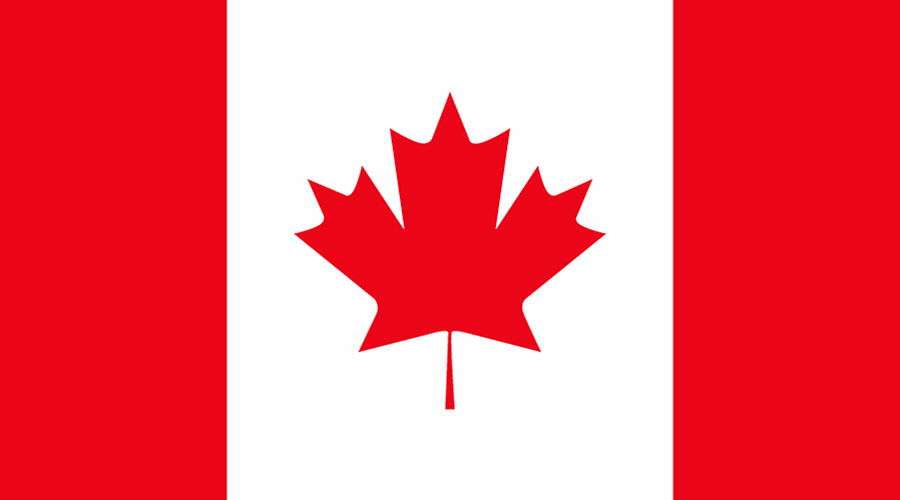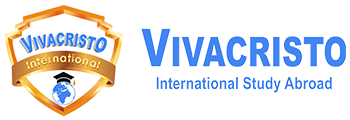
The easiest way to immigrate to Canada will depend on your own unique profile or connections to the country. With Canadian immigration targets higher than ever, now is the time to start your immigration journey.
It should be noted that there is no one simple way to immigrate to Canada. While some programs may be easier for you to apply to, the process is long and involves many steps.
While immigrating to Canada does require a significant financial and emotional investment, the end result is worth it. Canada consistently ranks among the best countries for quality of life and is known for its positive attitude toward immigration.
These are the four of the most popular ways for overseas applicants to immigrate to Canada.
#1 – Express Entry
Express Entry is Canada’s fastest and most popular immigration program. Candidates that apply through the Express Entry system can receive permanent residence status as soon as six months. Canada plans to invite half a million newcomers in the next 02 years. Of which a large percentage will come through one of the three streams of Express Entry.
- Federal Skilled Worker (FSW);
- Canadian Experience Class (CEC)
- Federal Skilled Trades (FST)
The Express Entry system involves submitting an online profile that is scored by Canada’s Comprehensive Ranking System (CRS). To submit an Express Entry profile, you must first be eligible under one of Canada’s above three federal streams. The Canadian government then issues invitations to apply for permanent residence to the highest-ranking candidates in the Express Entry pool. The cost of immigrating to Canada through Express Entry is typically about $2,300 CAD for a single applicant, or about $4,500 CAD for a couple. This does not include the settlement funds that must also be shown as part of the eligibility requirement, which will vary by family size.


#2 – Provincial Nominee Programs
Throughout the pandemic, provinces continued to nominate overseas workers for Canadian permanent residence. In the coming years Canada plans to welcome 117,500 new immigrants through PNPs.
Each PNP has its own application processing time. After receiving a nomination, PNP candidates must apply to the federal government for Canadian permanent residence. The time it takes to process the permanent residence application will depend on whether the PNP operates using the Express Entry system. The cost of immigrating to Canada through a PNP is usually the same as Express Entry, with some additional fees, depending on the province. Certain provinces don’t charge a fee to process PNP applications, while others, such as Ontario, can charge up to $1,500 CAD.
#3 – Business Immigration
The federal government offers immigration programs for individuals that plan to be self-employed in Canada or start up a business in Canada. There are also several PNPs specific to overseas candidates interested in starting a business in a certain Canadian province. Business immigration programs typically require a significant investment in the company you intend to start in Canada.
The amount required will depend on the program you are interested in. Many PNPs have regional entrepreneur programs that require a lower investment for candidates interested in starting a business in a less populated area.


#4 – Sponsorship
Canada offers several immigration programs that give permanent residents and citizens the chance to bring their family members to the country. This year, Canada plans to welcome 105,000 new permanent residents through family sponsorship programs. Sponsoring a relative typically costs about $1,135 CAD. Additional fees will apply if the sponsor resides in or intends to reside in Quebec. The processing time for a sponsorship application will depend on the family member who is sponsoring you. For spousal sponsorship, applications typically take about 12 months to process from start to finish.
With over 80 pathways of immigration, Canada has a range of options for all types of applicants. That said, moving to a new country requires some effort. Some immigration programs require higher qualifications and more documents than others.
FAQs
What is a Permanent Resident?
A Canadian permanent resident is a citizen of another country who has been granted permission to live in Canada as a permanent resident. Once a person has permanent resident status, they have the right to live and work anywhere in the country. Permanent residents receive a significant number of benefits in Canada, including access to healthcare and social services, the right to live, work, and study anywhere in Canada, and protection under Canadian law. As well, after being a permanent resident for a certain amount of time, permanent residents are eligible to apply to become Canadian citizens! Notably, Canadian permanent residents do not have the right to vote in Canadian elections.
What is a Citizen?
Canadian citizens have many rights and privileges in Canada. Citizens have access to healthcare, social services and support under the law. A citizen can live, work, and study, anywhere in Canada, and has the right to vote in Canadian elections. As well, citizenship cannot be revoked or removed. All people born in Canada automatically qualify for Canadian citizenship. As well, foreign nationals can become naturalized Canadian citizens by going through the proper application process with Immigration, Refugees, and Citizenship Canada (IRCC).
Can I Work Anywhere in Canada?
Once a person has Canadian permanent resident status, they have the authorization to live and work anywhere in Canada. If a foreign national does not have Canadian permanent resident status, then they must have the proper authorization to work in Canada. Usually, this authorization comes in the form of a Canadian work permit.
Can I Bring My Family to Canada?
Certain immigration programs allow foreign nationals to immigrate to Canada with their family members. However, the family member able to accompany a foreign national varies depending on the immigration program. For example, those immigrating through Canada’s Express Entry system are eligible to include their spouse and dependent children on the application, but not their parents. However, Canada has family sponsorship programs enabling Canadian citizens and permanent residents to sponsor their spouse or common-law partner, dependent children, and parents/grandparents. In order to determine whether or not your family members may join you, first you must determine which immigration pathway you choose to pursue!
Why is Canada Looking for Immigrants?
Canadian cities and rural areas depend on newcomers to keep their populations growing and to support their labor markets. Canada also has an aging population, and without a robust system of immigration, Canada would be on a similar trajectory to that of Japan in the 1990s. But unlike Japan, Canada embraced immigration and that has allowed us to maintain a large proportion of the population in prime working age, between 25 and 54. This would not be possible without mass immigration to Canada.
